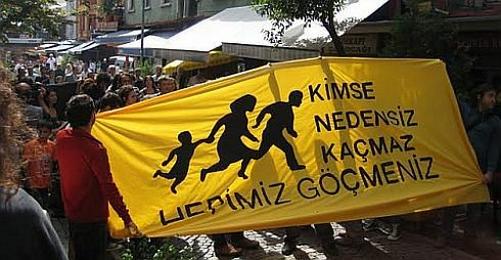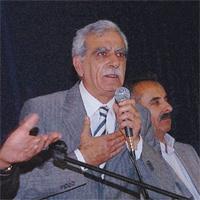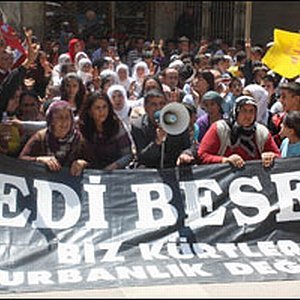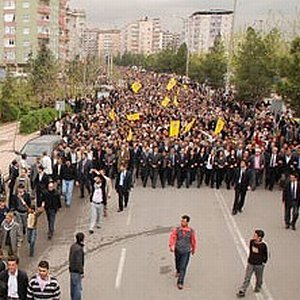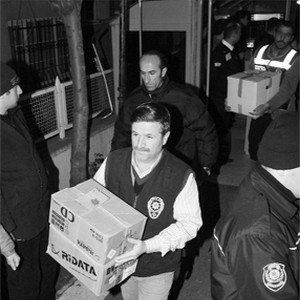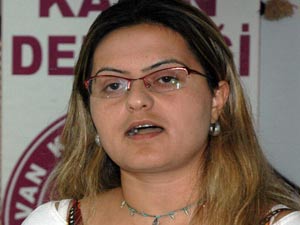Van Women's Association Celebrates Fifth Year
"We were only a handful of women, who realized that we experienced violence only because we're women. Thinking about discrimination and violence against women led to the foundation of Van Women's Association. We decided to organize in order to struggle against those. We remember our foundation in 2004 like yesterday, but we're no more a handful. We left behind five years with the solidarity of thousands of women."
We talked to VAKAD spokesperson Zozan Özgökçe on how much they progressed in five years; what's it like to live as a woman in Van and about their activities.
"Surviving as a women's rights organization in the East is difficult above all at an individual level. Not only for those who contact us, but we have to defend women's rights 24/7, in the street, at home or at workplace."
She gives an example. VAKAD had put up flyers around the city, which talked about lack of women's representation in politics, honor killings, rape and sexual harassment. While no other flyer is touched, theirs were frequently vandalized. "This explains people's attitude towards our work," Özgökçe says.
"We organize a press conference on killings but even male journalists who attend the conference react. They criticize our efforts against child marriages and defend it in their reports as legitimate."
According to official statistics, Van's population is around 1 million. "It's a small place, everybody knows each other," says Özgökçe. "We have to take into account the familial relations of the victims. Sometimes, husbands try to learn the whereabouts of their wives, whom they have beaten, by soliciting intermediaries."
Despite all obstacles, VAKAD had managed to accomplish much during five years. One successful campaign aimed at informing women about their rights. In a year, the campaign reached more than 4 thousand women. Özgökçe notes that applications augmented following the campaign.
The association also works in Muş, Bitlis, Hakkari and Yüksekova, neighboring cities. Women's human rights programme is organized once a week. Lastly, health workers participated at the programme.
VAKAD celebrated its fifth year with an exhibition titled "Being a woman in Van". "Looking at those photographs, it's sad to see that we haven't covered much distance in 60 years," adds Özgökçe.(EZÖ/AGÜ)
Politician and NGOs Urge for Clarification of Önkol's Death
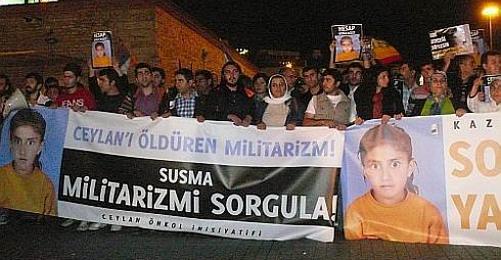
EU PROGRESS REPORT
Women's Rights Must be Implemented in Daily Life

Protests against Health Care Contribution Rate
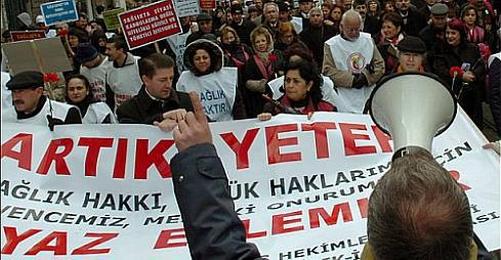
Greens Launch Trial for Palovit Valley

"When Will Mohsen Abdolkhani and Hamid Karimnia Be Released?"
